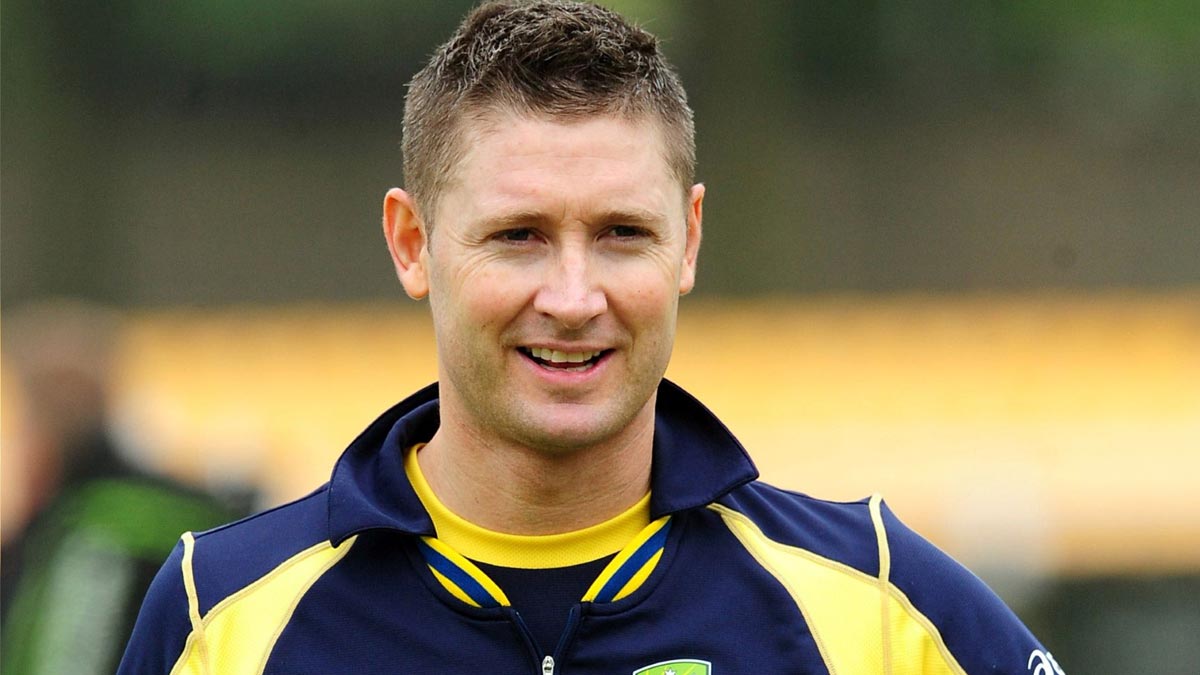
Michael Clarke, the celebrated former cricketer, has recently shared a deeply personal account of his struggles with what he suspects to be obsessive-compulsive disorder (OCD) and profound sadness. Despite his significant public profile and successful career, Clarke’s revelations offer a poignant insight into the often-hidden challenges faced by those grappling with mental health issues.
Table of Content:-
Unveiling a Personal Struggle
In an intimate conversation on the Mental As Anyone podcast, Clarke, now 43, opened up about his ongoing battle with what he believes to be OCD. Although he has never been formally diagnosed by a medical professional, Clarke described his symptoms and experiences, indicating a severe level of distress. He characterized his condition as an obsessive preoccupation with cleanliness and organization, which he equates to a form of compulsive behaviour.
Clarke candidly mentioned his daily routines, which include meticulous preparations such as ensuring his car has petrol and his daughter Kelsey Lee’s clothes are always laid out. His descriptions paint a vivid picture of how these behaviours have become a central part of his life, driving him to maintain impeccable order. This level of precision and control, he suggests, is a hallmark of his mental health struggles, though he has not pursued formal diagnosis or treatment.

What Is OCD?
As per Sargun Bedi, Counselling Psychologist, Lucid Mind, Ghaziabad, Obsessive-Compulsive Disorder (OCD) is a mental health issue that impairs a person’s ability to function normally in daily life, impacting their overall well-being. Individuals with OCD often grapple with persistent, intrusive thoughts or urges that are distressing and uncontrollable. They may also engage in repetitive behaviors or mental rituals driven by these obsessions, aiming to prevent feared outcomes. The combination of these persistent thoughts and compulsive actions constitutes OCD, a multifaceted condition that necessitates comprehensive evaluation and treatment.
The Challenge of Identifying Depression
In addition to his OCD concerns, Clarke reflected on his experiences with profound sadness, which he is uncertain whether qualifies as clinical depression. His reflections reveal a man who has faced significant emotional turmoil, including the loss of close family members and friends. Despite these experiences, Clarke has not sought formal medical intervention or medication for what he suspects might be depression.
He described periods of intense sorrow that left him immobilized, and unable to function normally. Clarke’s acknowledgement of these episodes, combined with his lack of a formal diagnosis, highlights the complex nature of mental health conditions. Without professional validation, distinguishing between deep sadness and clinical depression can be challenging, leaving individuals like Clarke in a state of uncertainty about their mental health status.
View this post on Instagram
A New Chapter: Personal Life and Public Image
In a notable shift from his personal revelations, Clarke recently introduced his new partner, Arabella Sherborne, to the public. Arabella, a 32-year-old professional with Scentre Group in Sydney, emerged as a significant figure in Clarke’s life following their high-profile appearances together. Their relationship was first reported when they were spotted on the Gold Coast and later confirmed by their joint appearance at Sydney’s upscale venue, Mimi's.
The couple has maintained a relatively low profile on social media, opting for subtle exchanges rather than overt displays of affection. However, their relationship became more public earlier this month when Sherborne shared a photograph of Clarke on her Instagram Stories. This move signifies a more open approach to their romance, contrasting sharply with Clarke’s earlier reticence about his mental health struggles.
Also Read: Here’s Ishaan Khatter’s Secret For Maintaining His Chiselled Body
Bottomline
Michael Clarke’s public acknowledgment of his suspected OCD and profound sadness provides a rare and valuable perspective on the personal battles that many face silently. His candidness not only sheds light on the realities of living with mental health challenges but also emphasizes the importance of seeking professional help and support. Clarke’s story is a reminder that even those who seem to have it all may grapple with invisible struggles, and it underscores the need for greater awareness and empathy in addressing mental health issues.
As Clarke continues to navigate his personal and public life, his openness serves as a beacon for others facing similar challenges, offering a glimpse of hope and understanding in the complex landscape of mental health.
Also watch this video
Read Next
Oropouche Virus Claims 2 Lives in Brazil: Symptoms, Prognosis, Treatment, And Its Prevention
How we keep this article up to date:
We work with experts and keep a close eye on the latest in health and wellness. Whenever there is a new research or helpful information, we update our articles with accurate and useful advice.
Current Version